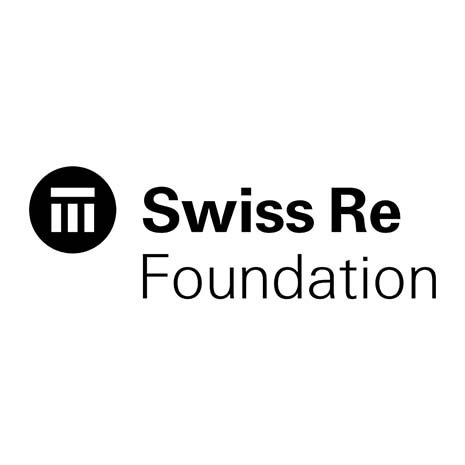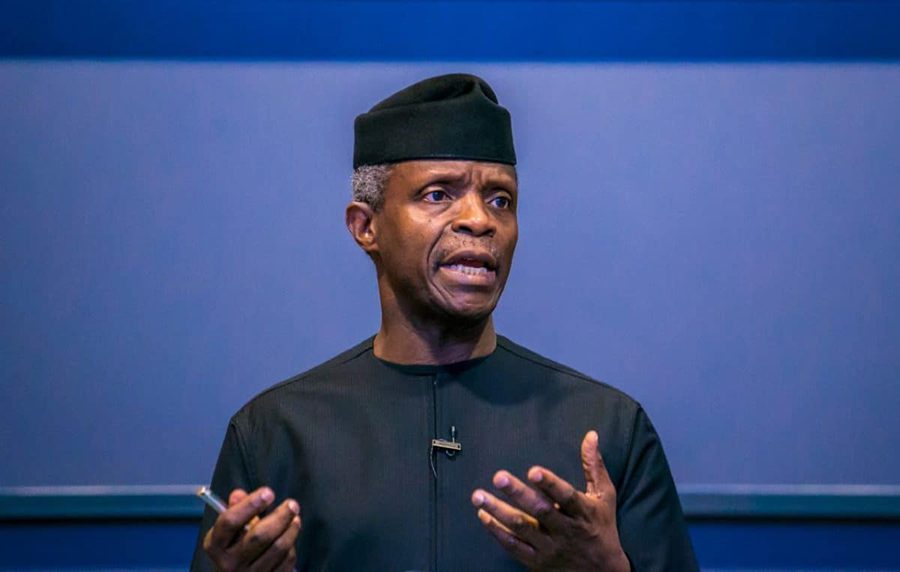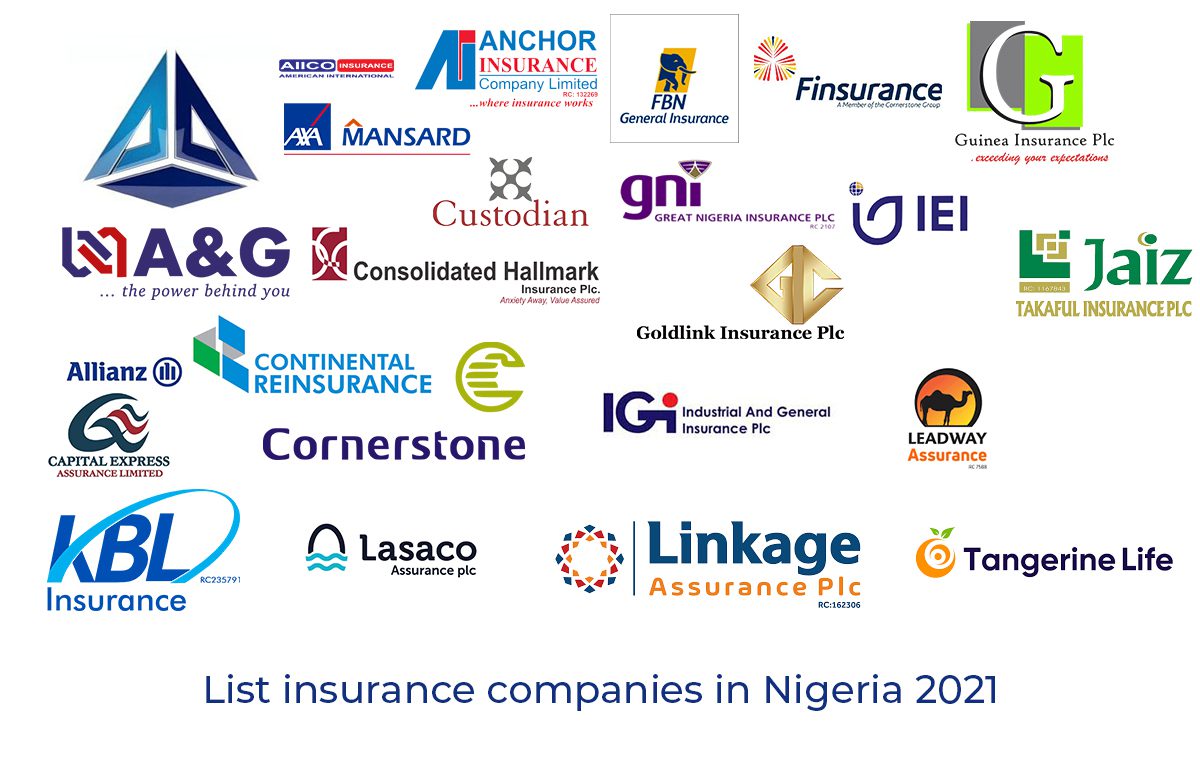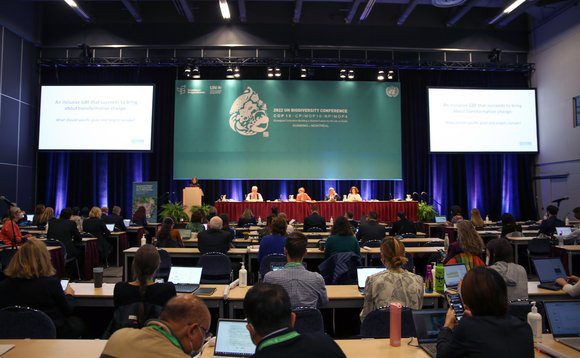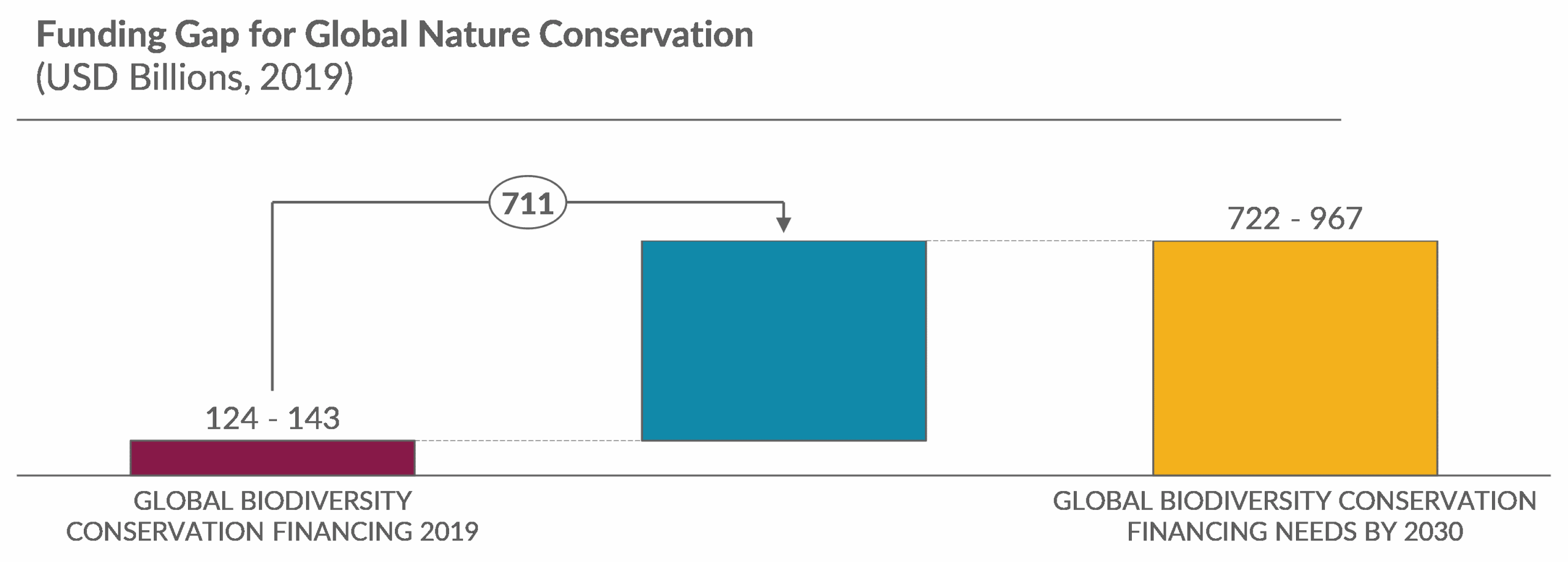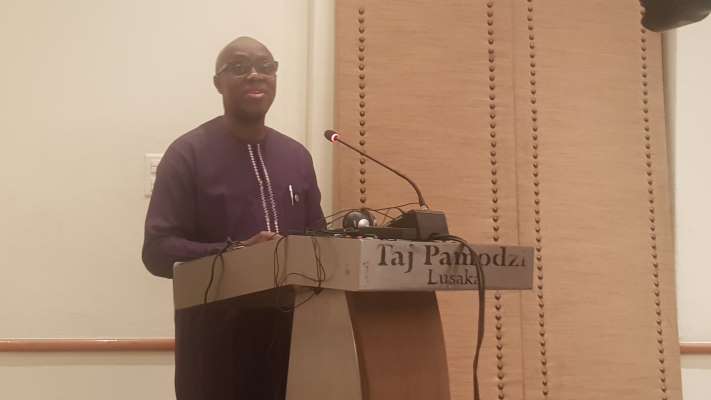A new report has pinned the overall value of nature markets at a huge $10tr – but will it cut through with decision makers at COP15?
The launch of the UN biodiversity talks in Montreal this week has prompted yet another report that attempts to put a financial value on the services nature provides to the global economy.
The, study published by the Taskforce on Nature Markets group this morning, pins the value of”nature markets” at almost $10tr a year, a figure which amounts to roughly 11 per cent of global GDP.
The report, produced with help from McKinsey sustainability analysis outfit Vivid Economics, identifies two dozen markets that are explicitly base on the valuing and trading of nature, ranging from emerging markets such as carbon and biodiversity credits and nature liability insurance to more established markets such as conservation, nature-related tourism, and soft commodities.
The findings were framed by NatureFinance, the group behind the task force, as proof of the need to enhance governance of these so-called nature markets through cross-jurisdictional governance and regulation. The group has warned that embedding rules and incentives in these markets that protect nature are in the interest of the global economy, noting they are likely to lead to improvements on the bottom line for both public and private sectors.
The findings add to a library of reports published recently that have sought to either put a price on nature’s services or highlight the economic benefits they bring and the risks associated with their destruction. NatureFinance analysis is notable, because it specifically explores the role nature plays in the trajectory of 24 specific markets, from agricultural and livestock to nature-based carbon credits.
Jason Eis, executive director of Vivid Economics, said the findings highlighted the need to ensure that governance of these markets benefits nature. “The key is market governance and market infrastructure including features like rules of trade, product and certification standards, taxes and subsidies which could potentially help drive incentives for companies to support nature in responsible ways,” he said.
The Global Biodiversity Framework (GDF) under discussion at COP15 sets out a number of measures around how global systems of governance and finance can be reformed to better protect nature and close a massive $700bn annual biodiversity financing gap by 2030. Target 14 calls for biodiversity values to be integrated into policies, regulations, planning, development processes, poverty reduction strategies, accounts, and assessments of environmental impacts at all levels of governance. This integration of nature into policymaking dovetails with the aim of Target 19 in the draft text, which calls for a rapid acceleration in both public and private finance towards nature conservation and remediation, in particular in the Global South.
Simon Zadek, co-lead of the Taskforce Secretariat and executive director of NatureFinance, said it was critical that funding for biodiversity was not limited to foreign aid. “By redesigning nature
markets to include nature positive instruments and policies in their governance, we can include a broader array of financial tools and move beyond Official Development Assistance (ODA) as the principal source of biodiversity funding,” he said. “We have a unique opportunity to reshape the core logic of these markets so that nature positive, net zero and equitable outcomes are built into the way they operate.”
The start of the COP15 Summit this week has also been accompanied by the launch of a number of new products designed to help companies and investors track and reduce their exposure to nature-related risks or quantify the benefits generated by nature-positive investments.
For example, a new ratings agency launched by the African Leadership University’s School of Wildlife Conservation (ALU’s SOWC), consultancy firm Dalberg, and FSD Africa Investments is aiming to help investors measure, rate, track and communicate the positive impacts their investments have on biodiversity.
The new Biodiversity Investment Rating Agency is set to advise investors on identifying the opportunities for impact investing in biodiversity-related projects, spotlighting relevant frameworks to measure biodiversity investment impacts. “Institutional investment in biodiversity as an asset class will be the key to unlocking the billions of private capital we need to address climate change and promote the business of conservation,” said Mike Musgrave from the SOWC.
Anne-Marie Chidzero, CIO at FSD Africa Investments, said the Biodiversity Investment Rating Agency would “help investors measure and track the impact of their capital on biodiversity conservation and restoration will play a central role in increasing investment in the sector”.
Meanwhile, British start-up NatureMetrics has this morning announced the launch of a new nature performing monitoring service for companies, designed to help them continually monitor their impact on nature.
“By launching the world’s most accurate nature performance monitoring system, companies across the globe will have one simple-to-deploy tool, enabling them to understand, track and improve their natural capital,” said Katie Critchlow, CEO of NatureMetrics. “Through cutting edge environmental DNA technology, we’ve devised a way of turning complex nature data into simple and meaningful metrics to inform board room level decisions for business and nature.”
Attempts to measure and price nature remain controversial in some quarters, and the surge of new products and reports that frame nature as an asset class or cluster of markets will be met by criticism from some green groups as the talks get underway in Montreal. Some campaigners have long argued that appealing to companies and countries’ financial self-interest panders to the root cause of the destruction of nature – the pursuit of economic growth. There is also a debate around whether the focus on environmental risk disclosures and measuring natural capital is inadvertently helping companies to defer actions that can deliver a more nature-positive world.
The counterargument, of course, is that quantifying nature’s services can drive change rapidly and at scale, because translating natural assets into financial terms will inevitably hit home with governments and in boardrooms. There is also strong sense among companies that the introduction of nature risk reporting into financial accounts is an important first step in their journey towards becoming nature-positive operations and giving investors insights they need to divert capital towards greener businesses. More than 300 companies have expressed their support for any deal reached at COP15 to include rules that would make nature risk reporting mandatory at large companies and financial institutions.
At any rate, NatureMetrics headline $10tr figure for the value of nature markets is clearly designed to shock governments and businesses assembled at COP15 into delivering a deal that can secure future economic growth by protecting nature. Delegates should take note.
Read original article
